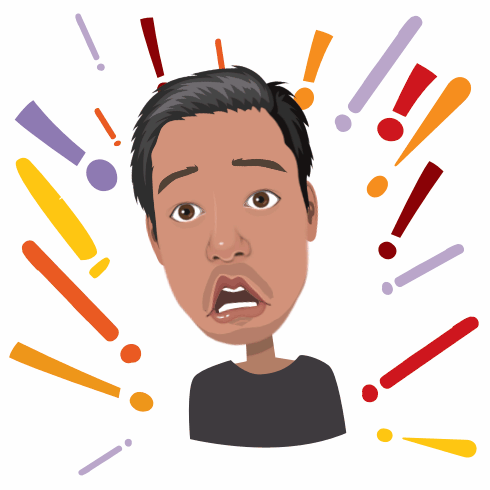Reading Time: 4 minutes
Hi there, hope you are having a good day. If you are reading this, you are most likely taking or have been asked to take medication for your mental health issues. You may have several questions at this point and we hope to answer them in as few words as possible.
Why are meds prescribed ?
A psychiatrist would prescribe medication if one or more of the following conditions are fulfilled.
- If your illness is severe enough to interfere with any other forms of therapy.
- If your illness has a biological component that will require medication in order to get better.
What do the meds do ?
Mental illnesses are theorized to be caused by an interaction between biological, psychological and social factors. Examples of biological factors include problems with neural circuit functioning, neurotransmitter imbalances, thyroid issues, vitamin deficiencies etc. Psychological factors include problematic ways of thinking, personality styles, attachment issues etc. Social factors can include quality of relationships, family cohesion etc. While psychological and social factors are amenable to change via psychotherapy and behavioral changes, these measures may sometimes fail to improve the biological aspects to a great extent. The meds are targeted at fixing the biological abnormalities .
How does the doc choose a medication ?
The prescription that is provided to you was most likely arrived after a careful cost benefit analysis. This essentially means that the doc is looking for the safest way to correct the biological abnormalities that are causing your problems. Doctors adhere to prescribing norms, guidelines, dosage information and monitoring protocols that are aimed at prioritizing safety and efficacy. He or she will choose the safest medicine at the lowest effective dose possible.
What about adverse effects ?
Every single medicine in the pharmacy can cause side effects.. This applies to psychiatric medication as well. When prescribing a medication, your doctor will inform you of the adverse effects that you can expect. They will also ask you to look out for certain symptoms that may require further evaluation. Remember that when it comes to avoiding adverse effects, your doctor is on your side. Follow instructions of your doc and you should be safe.
It is completely okay to educate yourself about the medicines that you take on the internet. However, there is quite a high risk of developing a quick case of medical student disease or experiencing what is called a nocebo effect.
A nocebo effect is said to occur when negative expectations of the patient regarding a treatment cause the treatment to have a more negative effect than it otherwise would have.For example, when a patient anticipates a side effect of a medication, they can suffer that effect even if the “medication” is actually an inert substance. This is quite difficult for your doc to manage and can be quite detrimental to your recovery.
Am I going to get addicted ?
There are a few medications that are addictive and your doctor will warn you about them. A majority of psychotropic medication aren’t addictive. As long as you are following your prescription, you should be okay. If you feel hooked to certain medication, talk to your doctor about it.
How long do I have to take pills ?
Sometimes you may need to take meds for periods that may be as long as several years. But this is not always the case, depending upon your diagnosis and the role of medicines in your treatment, the duration of treatment can range from anywhere between a few days to a few years. Again these decisions are base on extensive scientific research and are aimed at helping you with the least dose possible in the least time possible.
For example extensive scientific research has shown that it may take up to 6 weeks for an antidepressant to start working and it you may need to continue it for at least 6 months after you are better to prevent relapse.
What questions should I have for my doctor ?
This should cover all the important bits.
- What am I diagnosed with and what are the names of the medicines that I will be taking.
- How should I take them, how often, timings and relationship with food.
- How do they work?
- How long before I can notice a change ?
- How long do I continue ?
- Is there anything I should watch out for or report?
- How do I contact you in case of further questions or concerns ?
It’s quite likely that your doctor describes all of this to you even before you have a question to ask !
Do
- Take your meds on time.
- Discuss all your queries and concerns as and when they arise.
- Make sure you contact your doc in case of any discomfort.
- Follow all the advice that the doctor prescribes.
Don’t
- Don’t start or stop meds without your doctors advice.
- Don’t skip doses.
- Don’t change the frequency or number of tablets.
- Don’t ignore adverse effects.
- Don’t get carried away by information on the internet.
- Don’t listen to that uncle who tells you meds are bad !


